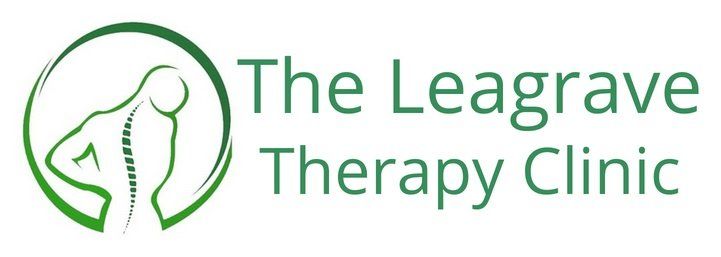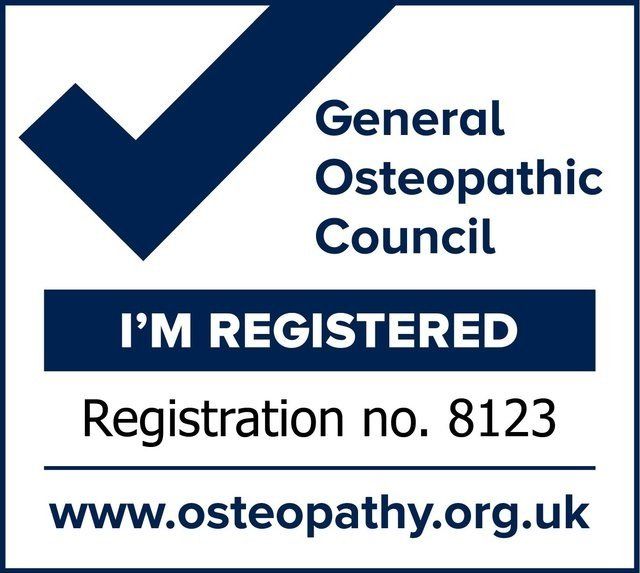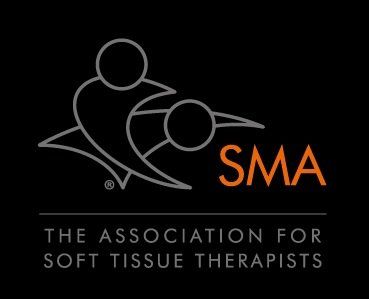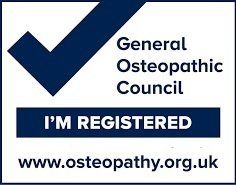Osteopathy Clinic in Luton
About Osteopathy
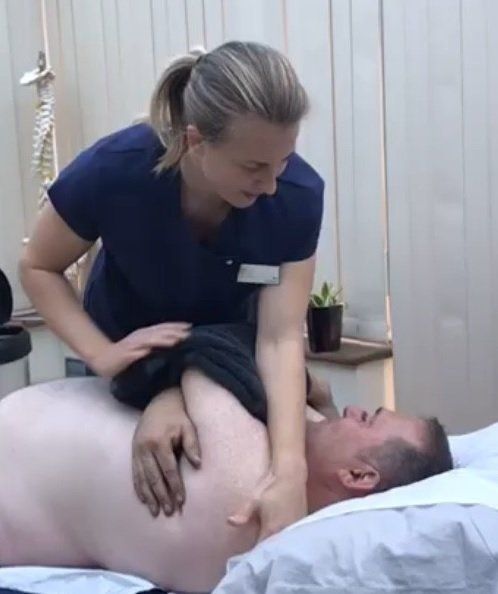
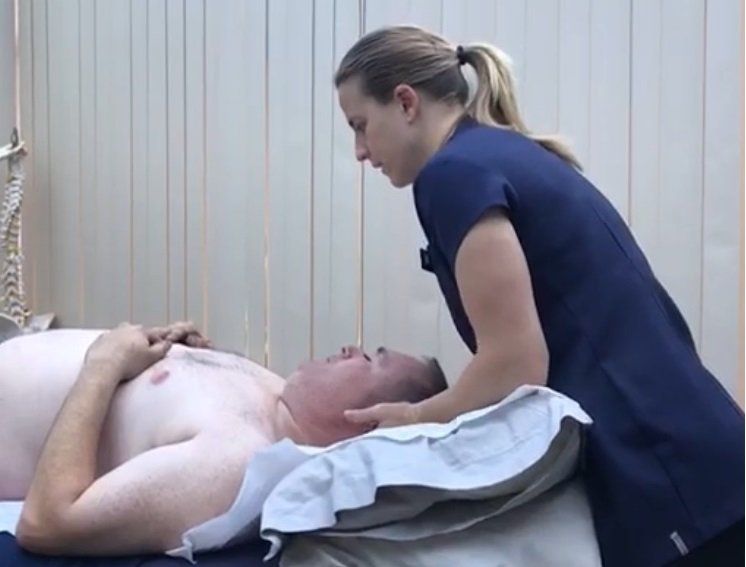
Conditions patients Often See Osteopaths For:
- Generalised aches and pains
- Back pain or general acute and chronic backache (not arising from injury or accident)
- Sciatica
Uncompli - Headache arising from the neck (cervicogenic or migraine prevention)
- Joint pains including hip and knee pain from osteoarthritis as an adjunct to core OA treatments and exercise
- Arthritic pain
- Frozen shoulder, shoulder and elbow pain, tennis elbow (lateral epicondilitis) arising from associated musculoskeletal conditions of the back and neck, but not isolated occurrences
- Muscle cramp, minor sports injuries and tensions
- Rheumatic pain, joint pains, stiff joints and lumbago
- Circulatory problems
- Digestion problems
- Neuralgia and Fibromyalgia
- Inability to relax
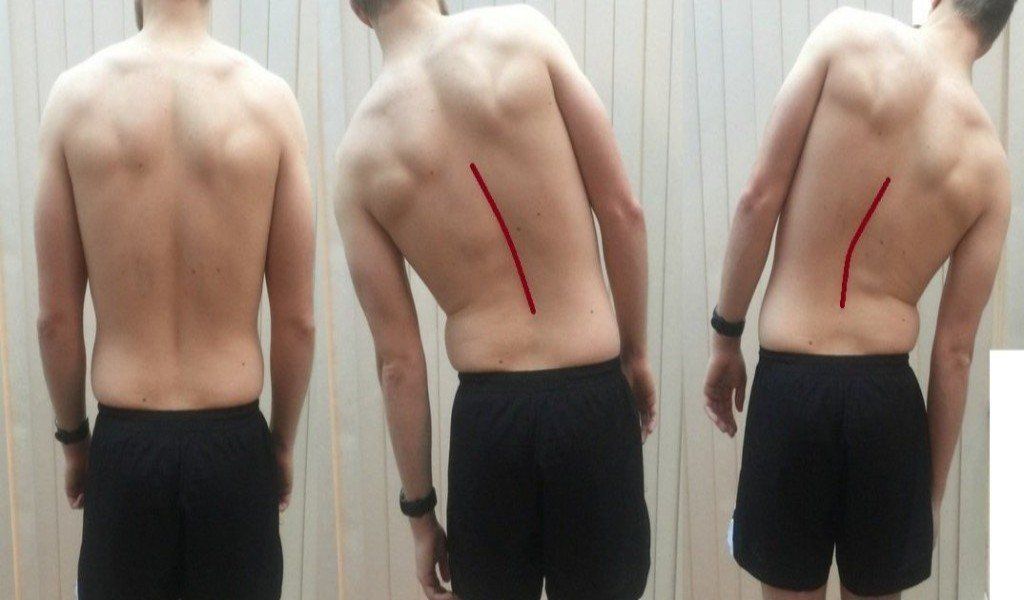
What to Expect At Your First Visit
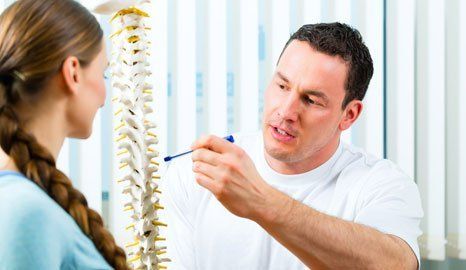
At Your Appointment
- Make your care their priority
- Treat you with dignity and respect
- Involve you in decisions about your care
- Respond promptly to your concern
- Respect and protect your private information
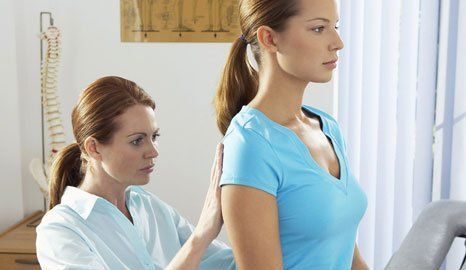
Unregistered Osteopathic Practice is Illegal
History of Osteopathy
Please Note...
No Treatment Option:
Not every single client or person who walks into a physical therapist's room will necessarily be a ‘candidate' to receive physical therapy. It may not be appropriate to receive physical therapy treatment for that particular day, or in some cases, at all.
After the practitioner has received a medical case history and/ or performed an assessment, the practitioner may think that receiving physical therapy is not appropriate for your particular case. Should this be decided, a discussion will be had with you along with an explanation and referral options will be recommended with no treatment applied. No charge or a fee will be given should this occur.
The list below are some examples of individuals who will not be appropriate to receive physical therapy and will NOT receive treatment:
• Individuals with dementia or severe short term memory loss and do not have the capacity to give their informed consent to receive physical therapy.
• Individuals who fail to fill in the medical registration form prior to a physical examination or treatment.
• Individuals who refuse to share their medical case history with the practitioner e.g. medications that they are taking, operations they have had or current medical conditions.
• Individuals who do not wish to undress at all or take any items of their clothing off before a physical examination or treatment.
• Individuals who have a suspected undiagnosed underlying pathology e.g. liver, kidney, respiratory, cancer, cardiovascular disease. A referral will be advised.
• Individuals who request a form of physical therapy intervention when the practitioner may not redeem the method medically safe or appropriate.
• Individuals who refuse to have their blood pressure taken when requested by the practitioner.
• Men will need to wear underwear or shorts.
Thank you for your understanding.
